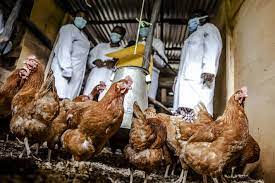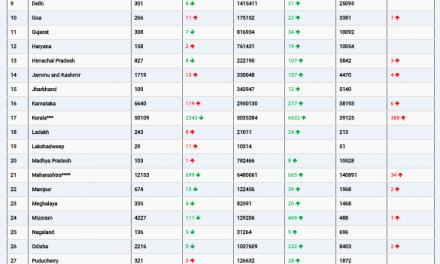In a groundbreaking study published in Gastroenterology, an international team of scientists has uncovered a potential genetic influence on dietary sugar cravings. Led by Dr. Peter Aldiss from the University of Nottingham, in collaboration with researchers from the Novo Nordisk Foundation Center for Basic Metabolic Research in Copenhagen and CIC bioGUNE in Spain, the study offers new insights into how genetic variation may impact sugar consumption patterns.
The research zeroes in on the sucrase-isomaltase (SI) gene, which plays a critical role in sugar digestion. This gene’s function—or dysfunction—might hold the key to reducing cravings for sugary foods at a broader, population level. “Excess calories from sugar are an established contributor to obesity and type 2 diabetes,” Dr. Aldiss noted. “In the UK alone, 79% of the population consumes up to three sugary snacks a day, contributing to these health issues.”
To explore this, the team examined dietary patterns in mice lacking the SI gene. These genetically modified mice showed a rapid decrease in both sucrose intake and preference. Building on these findings, the team analyzed two large human cohorts: 6,000 individuals from Greenland and 134,766 participants in the UK Biobank.
The results were striking. Individuals from Greenland with a complete inability to digest sucrose consumed notably less sugar-rich foods. In the UK, participants with partially functional SI genes showed lower preferences for sugary foods. “These findings suggest that genetic variation in our ability to digest dietary sucrose can influence not only our intake but our desire for sucrose-rich foods,” Dr. Aldiss explained.
This research introduces the possibility of using SI gene targeting to develop therapeutics that could help curb sugar intake on a larger scale. Dr. Aldiss and his colleagues believe that targeting SI gene pathways could facilitate a reduction in sugar consumption, potentially improving metabolic and digestive health across populations.
The findings are paving the way for a nutrigenetics approach to tackling high sugar consumption, offering hope for addressing the global rise in diet-related diseases.












